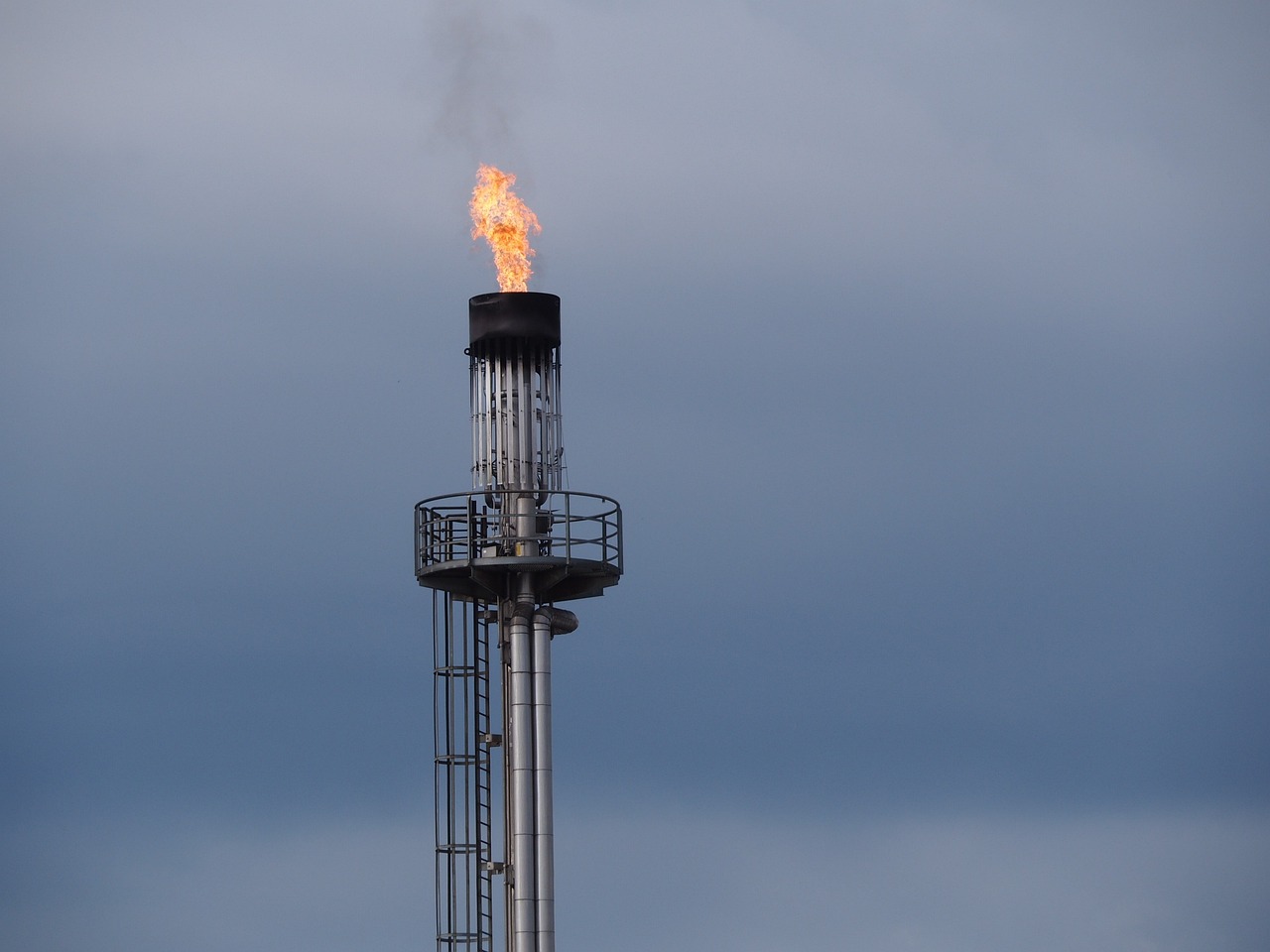
The filling rate of domestic gas storage is a high 36 percent.Continue reading

As a result of another “courageous and sovereign decision,” a new oil pipeline could be built between Hungary and Serbia. The feasibility study has already been completed, so the project could be completed by 2028. The two countries will not have to rely on others for the transit of the two main energy carriers, Minister of Foreign Affairs and Trade Péter Szijjártó said in Belgrade on Wednesday.
“We are building an oil pipeline in the opposite direction to the natural gas pipeline, which will enable Serbia to be supplied with oil via Hungary,” he announced. “In general, it is true that each new pipeline increases the security of energy supply, but here, in concrete terms, it is also very necessary, because it has been proven that not all countries are reliable transit countries for oil supplies in the region, and some countries have failed badly in the test of what is called solidarity, so the construction of a new pipeline is justified,” he continued. The minister was probably referring to Croatia and Ukraine as unreliable partners, with which countries the government have had many debates on energy transport. However, these are still the routes through which Hungary receives oil.
He added that a feasibility study has been completed in Hungary, which Hungarian oil and gas company MOL presented to representatives of both governments today. In addition, Serbian leadership has approved the land-use planning regulations for the construction.
We can say that very important steps have been taken in the preparation phase of the construction of the oil pipeline in the last few weeks. This will allow the construction to start physically at the end of this year, beginning of next year, which will result in an absolutely operational new oil pipeline between the two countries by 2028,”
he said.
A few years ago, we made a brave and sovereign decision to build a new gas pipeline. Today, we take the next strategic step: Hungary and Serbia will build a new oil pipeline! pic.twitter.com/ybLjksqGoT
— Péter Szijjártó (@FM_Szijjarto) April 2, 2025
Mr. Szijjártó mentioned that two important investments would have to be made in Hungary: firstly, the capacity of the pipeline linking the Ukrainian-Hungarian border with Százhalombatta (near Budapest, where MOL’s Danube Refinery is located) would have to be expanded, and secondly, a completely new 190-kilometer pipeline would have to be built from there to the Serbian border. “This investment will be worth a total of HUF 130 billion (EUR 324.8 million). So this is a major investment that will determine the security of energy supply for the whole region,” he emphasized.
The Foreign Minister said that the new pipeline will have a capacity of around 4.5 million tons per year, which will enable the Pančevo oil refinery and Serbia to be supplied with oil entirely via Hungary. “This will mean that we will not need others for the import of the two main energy carriers, but only each other.
At present, Hungary’s entire natural gas import needs can be met via Serbia, and with the new investment, Serbia’s entire oil import needs will be met via Hungary,”
he explained.
“This will create a strategic position that will give both of us a very serious security of energy supply, because the past years, which have been fraught with difficulties, have proven that both Hungary and Serbia have been an A+ in terms of reliability in energy transit, while others in the region unfortunately cannot say the same,” he added.
When we decided to join and build the TurkStream, the so called experts were against it. Today, without TurkStream, gas supplies in the region would be impossible.
Therefore now we’ve taken another bold and sovereign decision: building a new oil pipeline between Serbia and…
— Péter Szijjártó (@FM_Szijjarto) April 2, 2025
Péter Szijjártó remarked that the war in Ukraine had posed serious challenges to energy security in Central Europe as a whole, but that so far, despite all the difficulties, stable supplies had been guaranteed. “However, we must be clear that we could only rely on ourselves in this matter. We have not received any help from Brussels on this issue, and in fact there were often actions against our energy security interests,” he underlined.
“And the ever-closer Hungarian-Serbian cooperation in the field of energy that we have built up and are continuously developing plays a huge role in maintaining the security of energy supply in both countries.
Without this increasingly comprehensive Hungarian-Serbian energy cooperation, the energy security of our countries would not be guaranteed,”
he emphasized.
In this context, he underlined the importance of the “courageous and sovereign decision” made a few years ago to build the TurkStream gas pipeline, without which it would not be possible to supply any country today. “Following last year’s record-breaking volumes, so far this year, more than 20.7 million cubic meters of natural gas are flowing daily through the TurkStream pipeline via Serbia to Hungary (…) This has never been seen before,” he stated.
Via MTI, Featured photo via Pixabay